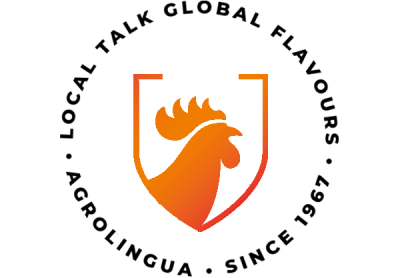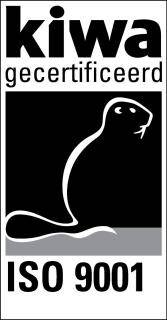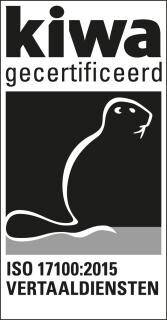
How would you like your translation?
Nowadays we are overloaded with content. We are increasingly bombarded with visual information through the social media. We don't like reading any more. You need to be very creative and have a real flair for writing, if you want to produce a text which reads smoothly and is exciting, informative or convincing.
In the course of our work in a translation agency, we deal with a wide range of texts: letters, news bulletins, press releases, advertisements, instruction manuals, reports, magazines, reference books, web content, general terms and conditions, contracts etc. Furthermore, we differentiate between various styles of writing: informative, commercial, promotional, persuasive (convincing and businesslike), educational, SEO-based etc.
‘Tone of voice’
A journalist, copywriter or translator needs to be able to use different strategies to adjust the tone of voice according to the circumstances. And every text is different. While one client asks for a light-hearted text with a touch of humour, another prefers to receive an informative, business-like text.
Before beginning to translate, a translator first needs to do research on the subject and determine the target group. We regard every single assignment as a challenge to carry out professional translations according to the wishes of our clients.
Commercial texts
Commercial texts often require more than one translation. After translation, they may need to be adjusted by a copywriter and sometimes also require localisation according to regional usage. Naturally, you wish to convince prospective clients that your products and services are excellent. The text and image complement one another and therefore they must be tailored to each other's needs. Images appeal to the emotions; the effectiveness and persuasive strength of the information are found in the text.
Promotional literature
Sometimes businesses and institutions write their own public-relations material or ask amateurs to do so. That often leads to carelessly-written and rather embarrassing publications. Translators are then faced with the almost impossible task of turning those texts into professional translations.
A company's brochure can only be seen as successful if members of the target group have the feeling: "I would like to do business with that company."
Technical texts
Technical manuals, on the other hand, require a very different style of writing. It is important to bring across the product information in a way that is clear and unambiguous to the target group or the operator of the machine, installation or software. No one likes having to read too much.
A good basic manual in English should preferably be drafted in "Simple Technical English" and follow the rules of minimalism; it should contain neither unnecessary information nor adverbs. It should also avoid using the passive form as much as possible.
Minimalism reduces the time needed to learn something by 30%, it ensures that 25% more information is stored by the human brain, and that the process of translation is both better and more cost-effective.
SEO-based texts
Writing and translating SEO-based texts for a website isn't rocket science. The use of search terms is subject to regulations; neither too little nor too much. Over optimisation is regarded as junk mail or spam. In that case it is often better to replace a term with a synonym.
Forms of address
In the Netherlands, people easily switch over from using the polite "u form" of address to using the familiar "jij form". However, in Germany, a more formal form of address is generally used. Consider, for example, translating a text into German from Dutch. You cannot simply adopt the usage of the familiar "jij form" from a Dutch source text, without proper consideration. In Germany, the polite form is used in 99% of all websites. An exception is Ikea's German website: ikea.de. Notably, the reader is addressed there by the familiar "du form".
Let us know what your wishes are
Therefore, when you submit an assignment for translation, it is very important to indicate how we should apply the tone of voice. How do like to be addressed? And what is your target group?
© AgroLingua BV






